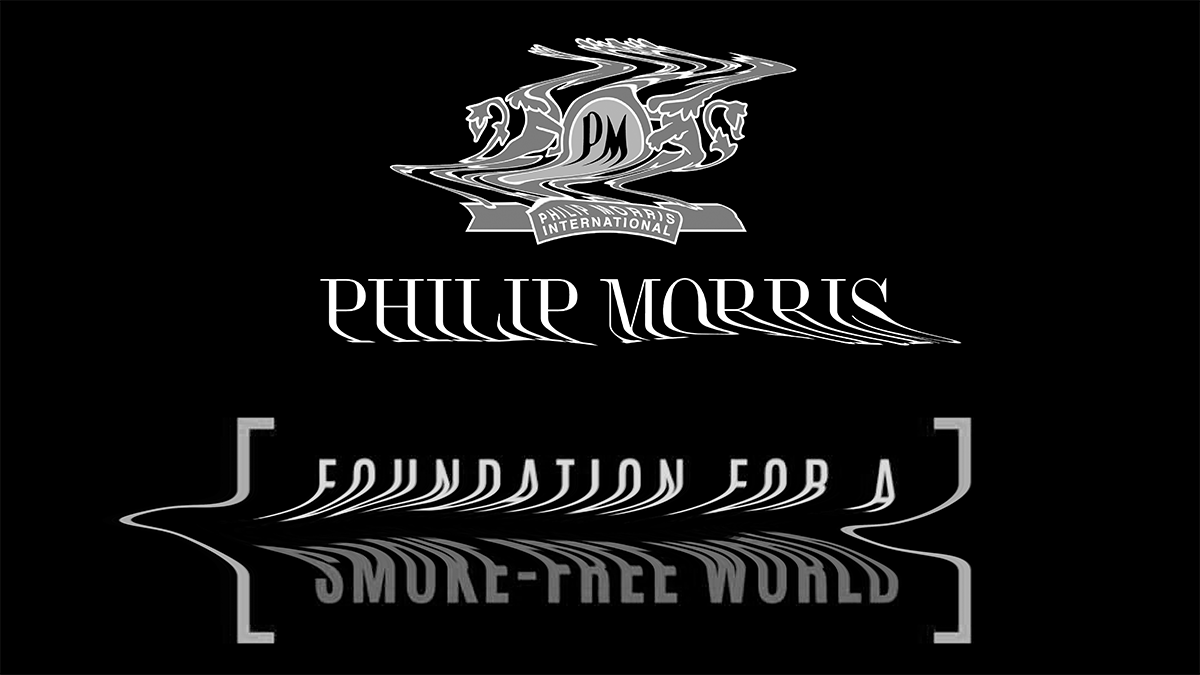- Resources
- News
-
-
Get Email Updates
Sign up for STOP's emails and never miss an update on our latest work and the tobacco industry's activity.
-
Share a Tip
Do you have information on tobacco industry misconduct in your country? Let us know.
-
Get Funding
Ready to tackle industry interference? You could be eligible for a grant.
-
Get Email Updates

Note: In May 2024, FSFW changed its name to Global Action to End Smoking.
September 2020 marked the third anniversary of the Foundation for a Smoke-Free World (FSFW). The milestone, however, was a grim one. Following a major round of layoffs and rejections from grantees and public health institutions, the world is seeing FSFW for what it is: a failing “front group” for Philip Morris International (PMI). With a less-than-impressive track record and a slew of recent blows, FSFW’s future appears more bleak than bright.
Off to a shaky start
The first blow to the Foundation’s credibility took place the very day it launched. Introduced at a tobacco industry-funded event, it proved what early critics suspected: Despite its stated mission to “accelerate the end of smoking,” the Foundation would operate in the orbit of Big Tobacco. With PMI as the Foundation’s sole funder, FSFW is just the latest example of what the tobacco industry has been doing for 60 years: funding “independent” research that confuses the science around the harms of tobacco use and promotes the industry’s products.
Losing steam along the way
Any hopes of being perceived as independent were dashed as, year after year, the Foundation failed to secure additional funders, despite initially claiming it would seek and expect to receive funding sources outside of PMI. Three years in, FSFW has spent US $240 million—all from one of the largest tobacco companies in the world.
The Foundation lost legitimacy as a scientific organization after researchers analyzed its first tax return in 2018. They found that FSFW had spent more on communications than on research. But even its PR efforts were stymied when the firm it contracted for 2017/2018, Ogilvy, announced it would end its work with the Foundation due to concerns over conflicts of interest with the firm’s health clients.
With FSFW’s reputation as a PMI front group established, several organizations and research institutions severed their ties and some grantees rejected or returned funding. In 2019, the NGO BRAC Bangladesh announced it would return FSFW’s funding, and the University of Cape Town said it would not accept any future funding.
The research that it did fund was often carried out by researchers who were already linked to PMI and other tobacco companies. In one instance, plans for an FSFW-led special issue of the International Journal of Environmental Research and Public Health were scrapped once the editors were made aware of FSFW’s ties to the tobacco industry.
A bleak outlook
Going into its fourth year, FSFW appears to be more aligned than ever with its sole funder, and may even be ceasing its efforts to find the alternative sources of funding it sought in previous years. In June 2020, the Foundation updated its funding disclosure wording from, “…is seeking and expects to receive funding from other sources…” to “…may seek funding from other sources…” Further, FSFW is losing allies left and right. In the past few months alone, FSFW has faced serious set-backs:
- More grantees are returning its money. Telenor Health announced in September that it had returned its FSFW funding. And although the reasons are not public, FSFW also removed two universities from its list of grantees: the University of California San Francisco and the Medical University of South Carolina.
- Schools of public health are disassociating from it. More institutions are publicly joining the long list of schools that have pledged not to work with the Foundation, with a list of the newly added institutions expected to be published soon.
- More staff are leaving. Despite spending US $852,000 on recruitment consultants in 2019 (per an analysis of its 2019 tax return), updates to its website in September showed it had cut nearly 40% of its staff, including its Chief Operating Officer; its VP of Agriculture and Livelihoods; and its Director of Epidemiology, Health, Science and Technology.
Those whom FSFW is trying to influence are seeing the clear and obvious links between the “independent” FSFW-funded research on harm reduction and the aggressive marketing of and lobbying around novel tobacco and nicotine products, which the industry claims are lower-risk. As the Campaign for Tobacco-Free Kids points out, much of this research pushes for the acceptance of alternative products, like heated-tobacco-products, which PMI sells.
We commend the tobacco control community for highlighting the irreconcilable conflicts of interest between FSFW’s alleged mission and its funding and outputs. We call on researchers, policymakers and civil society groups to remain vigilant of FSFW’s attempts to promote the tobacco industry’s interests under the guise of public health.


